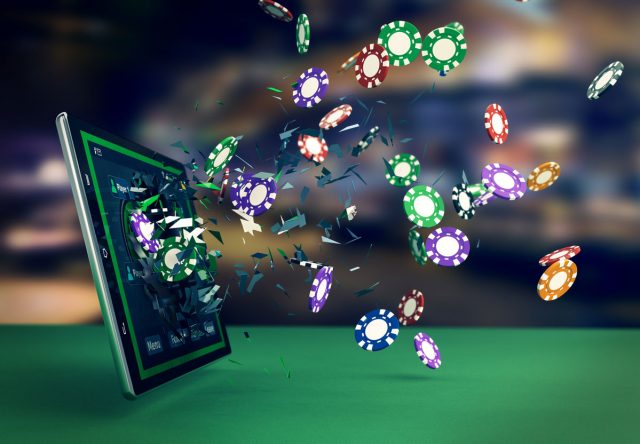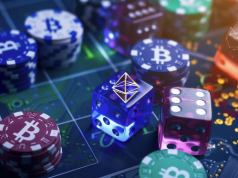In the 21st century, gambling is more acceptable than ever. Whether you prefer to play poker with your friends every Friday night or take your grandma to a bingo parlor to hang out with her on lazy Sundays – it seems that everyone loves to gamble. However, with such high acceptance of gambling, comes one not-so-popular consequence – gambling addiction.
Casinos online also did their share in helping the number of gambling addicts increase. According to gaming specialist Anna Rosak, not every gambler has a predisposition to become an addict: “Age, social status, level of education, and even gender can highly affect how your brain will react to the whole gambling experience.”
What Happens in Our Brains When We Gamble?
Human beings are designed to appreciate pleasure and fun. According to Luke Clark, a psychologist at the University of British Columbia, when you start gambling, you activate the rewards system in your brain – the ventral striatum and the prefrontal cortex. To put things simply, when a gambler faces an opportunity to gamble, blood flows into that area of the brain, thus increasing the activity, and the desire , to proceed. So, no matter what some might say, in gambling the pleasure is not derived from the winning (albeit winning money keeps you motivated), but the mere activity.
Rosak says many games you can find nowadays at both online and offline casinos are created with this in mind. They have thrilling visuals, captivating sound effects, and features that make you play one hand after the other. “People are often surprised when they find out slots are more popular than traditional games. After playing a hand or two, one gets to see why. Slots have the power to engulf your senses with so much music, sounds, and light show, you’ll forget about everything else. Your brain centers are so stimulated, you can’t think of anything else”, explains the Polish gaming expert.
Another thing that happens in your body is the release of certain hormones. Mike Robinson, an Assistant Professor of Psychology at Wesleyan University has spent 15 years researching the brains of gamblers. As one of the main factors that attribute to the development of gambling problems, he sees the mere uncertainty. No matter how skilled of a gambler one is, it is impossible to predict the next hand and the next card. Robinson explains dopamine, the same hormone that is released during sex or a good meal, is also released during uncertain, yet highly thrilling activities, such as gambling.
Frequent exposure to high dopamine levels leads to hypersensitivity and cravings, or in the most complex cases – addiction. What makes things more interesting, is that dopamine is released regardless of whether you are winning or losing. While the winning part is pretty much self-explanatory, it is important to say the losing streak will cause dopamine to step into the spotlight, simply to keep you going.
How to Prevent Problem Gambling?
It is completely natural to wonder, if gambling causes such automated and instinctive reactions in our bodies, is it even possible to keep this activity only a fun pastime. Rosak sure thinks so.
“There are two ways to prevent addiction from happening. The first one is to always set time and money limits. Nowadays, you can do so with your operator. Once you reach the limit, you’ll get a notification and be prevented from further gaming”, reveals she. Such safe gaming tools are also obligatory in order to obtain any of the more relevant licenses, such as MGA or UKGC. The costs of gambling treatments are simply so high, authorities and governments impose responsible gaming practices on operators in one way or another. The second way to handle gambling and prevent it from causing addiction is by staying realistic. Sure thing, online casino owner do wish to attract attention of users with various promos, bonus offers and pleasant introduction to their product with, for example, minimum deposits: https://polskiekasynohex.org/kasyna-online/minimalny-depozyt/.
“Gambling should be about fun and fun only. It is not a profession, it is not a magical way to solve all your financial troubles. First, make sure to pay all the bills, and have enough money to live, and then start a session. Gambling is not, never was, and never should be a source of income”, warns Anna.
Once developed, compulsive gambling requires professional help. It is mostly based on therapy, especially cognitive and behavior therapy. This is also the most popular type of treatment and the one that is commonly suggested after the problem has been detected. It is often combined with different medications, namely those used to control the behavior of persons with ADHD or OCD disorders. Finally, self-help groups serve as a support system for the two methods mentioned above. They rarely have any effect by themselves, but can help the compulsive gambler control their behavior as they are obliged to talk about their experiences.






